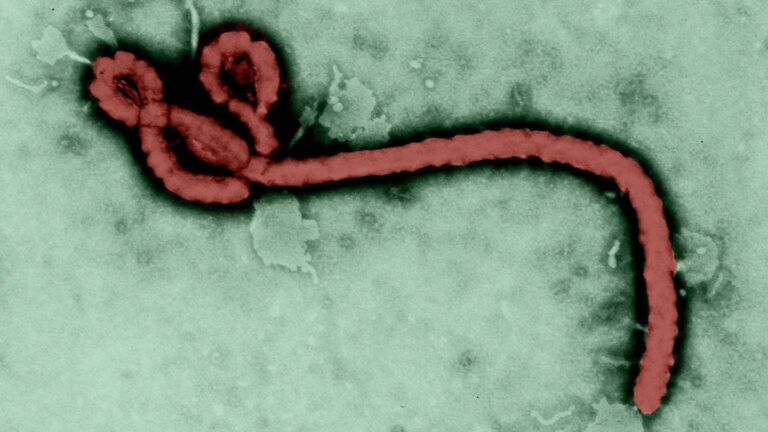Ebola Outbreaks in Uganda
Ebola outbreaks have occurred in Uganda several times over the past two decades. The most recent surge in cases underscores the urgent need for effective public health strategies to control the virus.
Understanding the Virus
Ebola is a severe, often fatal illness in humans. The virus is transmitted through direct contact with the bodily fluids of infected individuals, making early detection and isolation critical to stopping its spread.
Strengthening Healthcare Systems
Investing in healthcare infrastructure is essential for Uganda’s response to Ebola. This includes improving facilities, training healthcare workers, and ensuring adequate supplies of medical resources to handle outbreaks efficiently.
Community Engagement and Education
Raising awareness in local communities plays a vital role in preventing the spread of the virus. Educating the public about the symptoms of Ebola and the importance of seeking medical attention promptly can save lives.
International Assistance and Collaboration
Collaboration between Uganda and international health organizations is crucial. Assistance from groups such as the World Health Organization (WHO) and humanitarian organizations can enhance response efforts.
Preventive Measures and Vaccination
Implementing preventive measures is key to controlling future outbreaks. Vaccination campaigns can reduce the risk of transmission and provide immunity to vulnerable populations.
Conclusion
The fight against Ebola in Uganda requires a comprehensive strategy. To learn more about the ongoing efforts and challenges in controlling Ebola, visit this insightful article.

